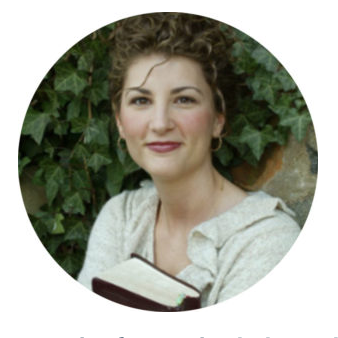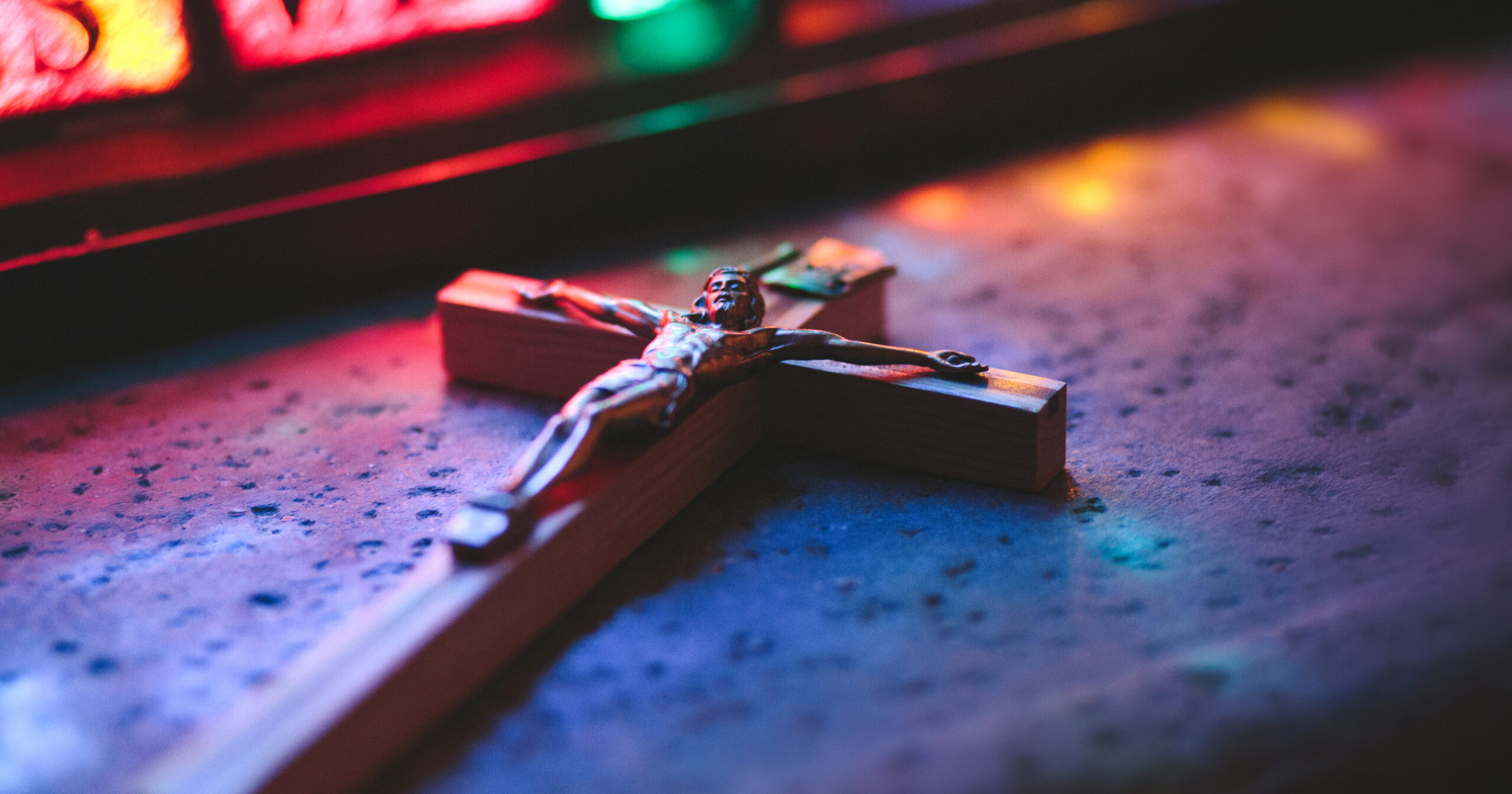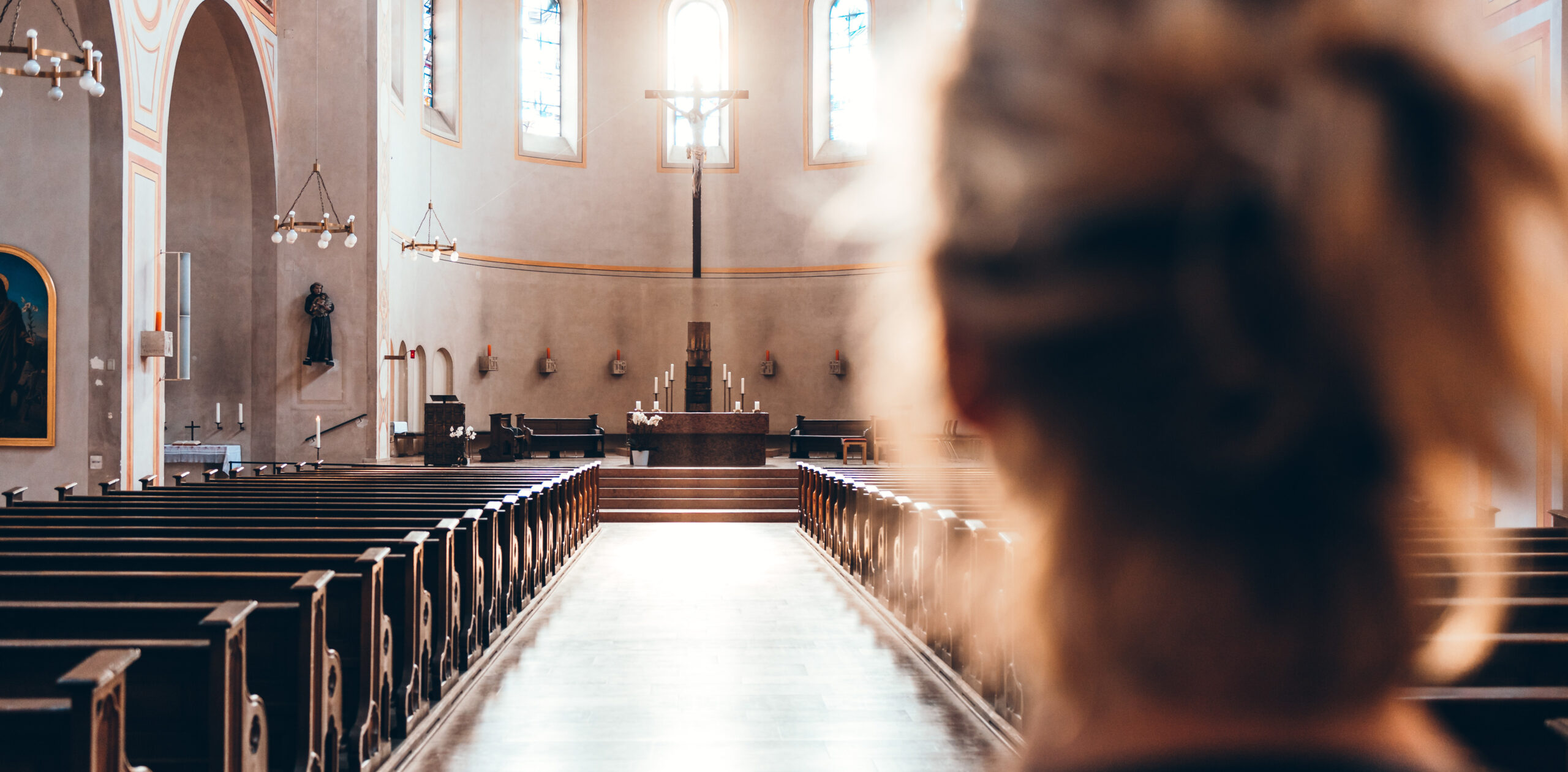COVID-19?
Beloved, do not be surprised at the fiery ordeal which comes upon you to prove you, as though something strange were happening to you. But rejoice in so far as you share Christ’s sufferings, that you may also rejoice and be glad when his glory is revealed . . . For the time has come for judgment to begin with the household of God; and if it begins with us, what will be the end of those who do not obey the gospel of God?
1 Peter 4:12-17
I recently saw a social media post of a map of the nation covered in black to signify that every diocese in the nation has suspended public Mass and thrown the country into a unique spiritual darkness. The darkness was already there; we’ve been praying long about it. Perhaps we simply didn’t feel it for ourselves. In the world and the nation, sure, we see darkness, and in the scandals of the Church, too. But in our own hearts? God apparently wanted us to feel our darkness while quarantined this Lent (quarantine meaning forty days), so we could experience the shock of redemption more completely.
In the Scriptures, darkness is a symbol of the judgments that precede the coming of the Lord (Isaiah 13:9, 10; Matthew 24:29), a symbol of misery and adversity (Job 18:6; Psalm 107:10; Isaiah 8:22; Ezekiel 30:18). The “day of darkness” in Joel 2:2, caused by clouds of locusts, symbolizes the shroud of mystery which overhangs all divine work.
Darkness in Scripture
“Outer darkness” refers to ultimate judgment. Literally, it refers to the darkness of the streets in the East, which were never lit after nightfall; the streets outside were completely dark in contrast to the cheerful light inside individual homes. Jesus used “outer darkness” as a metaphor for hell (Matthew 8:12; 13:42; 13:50; and 25:23), which Jude calls the “blackest darkness” (Jude 1:13). Darkness is also symbolic of ignorance (Isaiah 60:2; Matthew 6:23) and of death (Job 10:21; 17:13).
But throughout the Bible, purification, and redemption occur in thick darkness. Darkness is spoken of as encompassing the actual presence of God, as that out of which he speaks—the envelope, we might say—of divine glory.
Creation commences amidst the darkness and void of chaos, just before the light of God’s word separates dark from light (Genesis 1:1-3). The plague of darkness was felt in Egypt just before the Exodus (Exodus 10:21). No one could see each other or move about, yet God’s people had light (Exodus 10:23).
Mt. Sinai was shrouded in thick darkness as Moses received the light of the Word of Law that guided them through the wilderness for forty years (Exodus 20:21). The Lord dwelt in the dark, shekinah-glory cloud upon the mercy-seat (1 Kings 8:12). When the psalmist describes the inscrutable nature of God’s workings among us, he states:
“Clouds and darkness are round about him.”
Psalm 97:2
There was darkness “over the whole land” at the crucifixion (Matthew 27:45). Jesus descended for a time into the blackness of the dead.
This Present Darkness
Now that public Masses have been canceled throughout the country it is more important than ever that we receive God’s word on a daily basis. He is there, waiting to encourage each of us with his mercies, new every morning. Like the Israelites in the plague of darkness, we cannot go see each other or move about, but we have light every day in the Scriptures.
I suspect those Catholics who have never had, and do not have, a daily lectio divina Scripture practice, as that outlined in How to Pray Like Mary, will have a harder time with the darkness of being prevented from receiving the Eucharist, because many have never known the tender voice of the Lord whispering to them daily in the Scriptures. The Catechism says the Scriptures and the Eucharist, together, are the “one table” of the Lord. We still have half the table, beloved. We must learn to feast on the Word as we wait to receive him again.
But maybe as important at this dark time, is that God has heard, and is answering our prayers. You prayed for purification of the Church? The doctors of prayer tell us that when we get too dependent on one form of prayer, God removes it so we will search for him in a new way. He wants us to be free to depend solely on him, not our habits. Get in the Scriptures, the other half of the “one table” of the Lord (CCC 103–104), every day in the readings.
You prayed for unity in the Church? How much more “one” are we with our non-Catholic brothers and sisters than when we are unable to receive the Lord in his Eucharist?
“It is I”
Perhaps all of this is why, in the great Eucharistic chapter in the Gospel of John, Jesus walks on water in the dark.
“It was already dark, and Jesus had not come to them.”
John 6:17
Yet he walks toward them on the stormy, dark waters, and offers the comfort of his word, “It is I; do not be afraid.”
In this present darkness, he cannot come to us in the Eucharist, and it is a stormy time on the seas of history. But take heart, “it is the Lord” in dark prayer. Receive him every day in the Word. Otherwise, “if [judgment] begins with us, what will be the end of those who do not obey the gospel of God?” (1 Peter 4:17)
How can we obey the gospel we do not receive each day?
For those who do, de promises:
“I will give you the treasures of darkness and the hoards in secret places, that you may know that it is I, the Lord, the God of Israel, who call you by your name.”
Isaiah 45:3
Receive his promises in the Scriptures each dark day of this unforeseen Lenten fast. Lean in, beloved, for redemption and purification happen in the dark.
You May Also Like:
Live Stream of Mass and other Resources
How to Run a Small Group Remotely
The Fear behind Closed Doors
A Faithful Response to Canceled Masses amid COVID-19
Ascension Studies with Instant Access

Sonja Corbitt is the Bible Study Evangelista and creator of the LOVE the Word® Bible study method. She is also author of How to Pray Like Mary. Find more information on purgatory in her study Fulfilled: Uncovering the Biblical Foundations of Catholicism.
Featured photo by Cherry Laithang on Unsplash






0 Comments